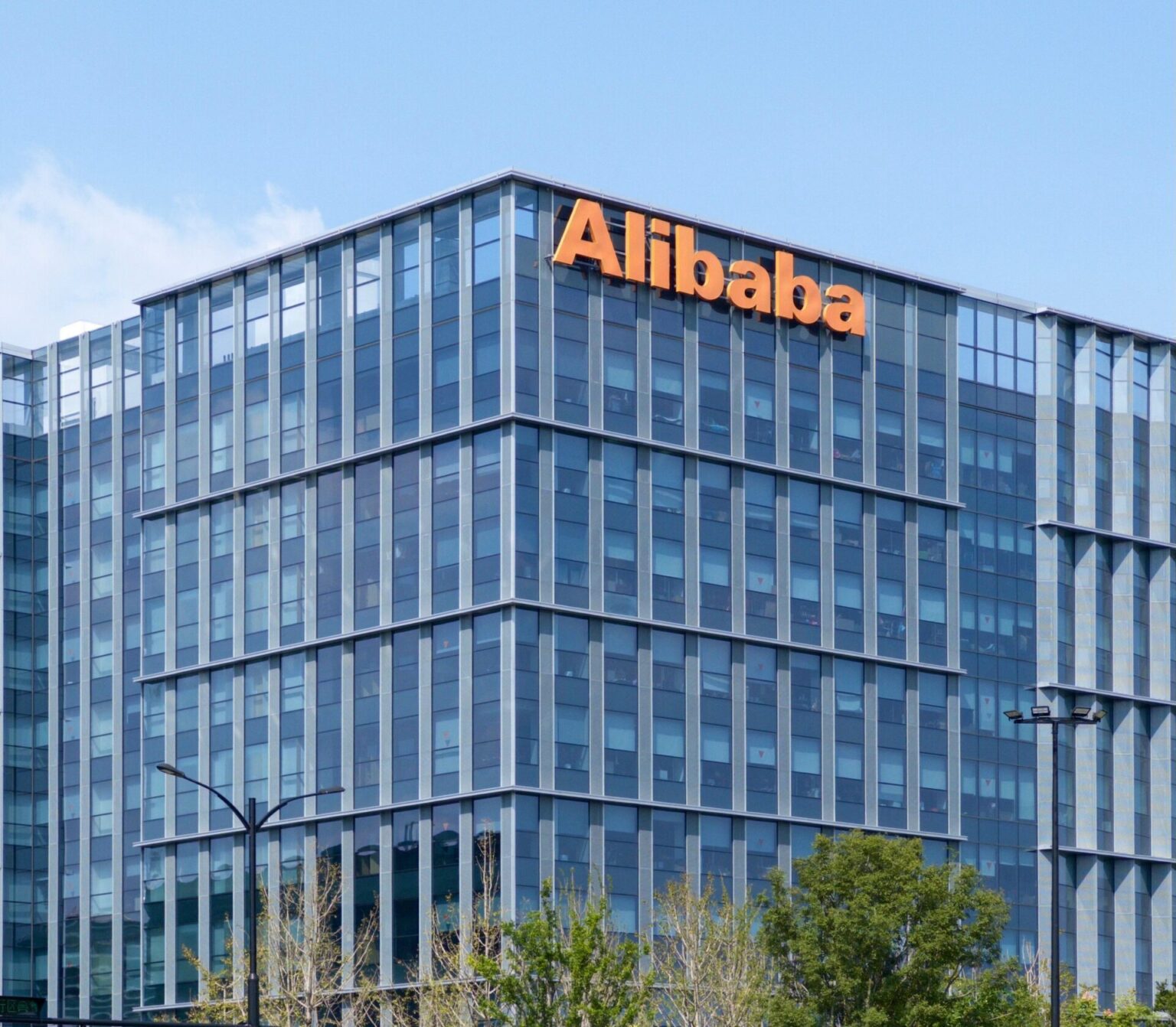Alibaba has announced a partnership with Apple that involves bringing artificial intelligence functionality to iPhones in China. Apple has watched its iPhone sales drop in the country, and many blame the lack of modern AI options for this slump. Alibaba’s chairman announced the agreement during a major gathering overseas, catching the attention of tech enthusiasts worldwide.
He explained that Apple had weighed up different AI firms inside China before making its final decision. This step is seen as an exciting breakthrough for Alibaba, which was chosen over rivals such as Baidu, ByteDance, and Tencent. The move could boost Apple’s standing in a market that has seen strong homegrown competition.
The announcement caused a rise in Alibaba’s share price in Hong Kong, though it later slipped from its highest point. This is seen as a sign of the excitement surrounding this news. Apple, on the other hand, has yet to issue any official response to confirm further details.
What Led Apple To Choose Alibaba?
Many in the industry are convinced that Apple must step up its AI presence to recapture the interest of Chinese consumers. The brand has advanced AI running on iPhones in other regions, where Apple Intelligence works in tandem with ChatGPT. That setup does not translate directly into China, due to local regulations and licensing requirements.
Alibaba has a proven track record in different tech fields, including massive online shopping platforms and sophisticated computing tools. Its experience in these areas has laid the groundwork for further AI progress. The company’s solutions have already met certain government guidelines, making them an attractive pick for Apple.
Before arriving at this agreement, Apple weighed options from Baidu, ByteDance, Tencent, and others. Joseph Tsai confirmed that Apple eventually landed on Alibaba’s services after evaluating each candidate thoroughly. His statement stressed that Apple needed a strong local associate, and Alibaba met that requirement.
Industry experts expect this partnership to move quickly, given Apple’s pressing need to revitalise sales. The local smartphone market is crowded, and any technical edge can sway buyers. If all goes according to plan, Alibaba’s AI could appear on Chinese iPhones sooner than anticipated.
Will Apple Partner With Other Chinese Tech Giants Too?
Speculation persists that Apple may sign deals with more Chinese firms. One report mentions that Apple is working with Baidu on a search feature that processes text and images in innovative ways. There’s also talk of improvements to the Siri app that cater to local language nuances.
DeepSeek is another contender in the Chinese AI scene. The firm caught attention with a chatbot that some say rivals American systems while keeping costs low. There are hints that Apple might choose multiple providers, pending the nod from regulators.
All consumer-facing AI in China requires official approval. That process may slow Apple’s rollout, especially if new features are introduced in stages. Once permissions are granted, Chinese users should see an upgraded iPhone experience that lines up with local regulations.
How Could This Change iPhone Usage In China?
The Chinese smartphone field is crowded with brands that have advanced AI built into their devices. Huawei and Xiaomi, in particular, have won praise for integrating features like real-time language translation and image recognition. Apple, meanwhile, lost its top spot in China last year, slipping to third place behind two domestic makers.
Local data indicates Apple held about 15% of the market, while Huawei and Vivo each surpassed that figure. Xiaomi and Oppo also matched Apple’s share, leaving the iPhone brand in a tight position. Analysts link this outcome to the absence of strong AI tools that resonate with Chinese consumers.
With Alibaba’s assistance, Apple hopes to regain lost ground. AI tools can boost voice commands, search results, and personalisation, making the devices feel more integrated for daily use. Greater acceptance could follow if iPhones match or exceed what local brands provide.
Its predicted that if Apple delivers top-tier features soon, it may reverse the negative trend in sales. Many consumers are eager for devices that can handle day-to-day tasks with extra intelligence and local flair. Alibaba’s involvement might be the turning point Apple needs to stay competitive in China’s market.



